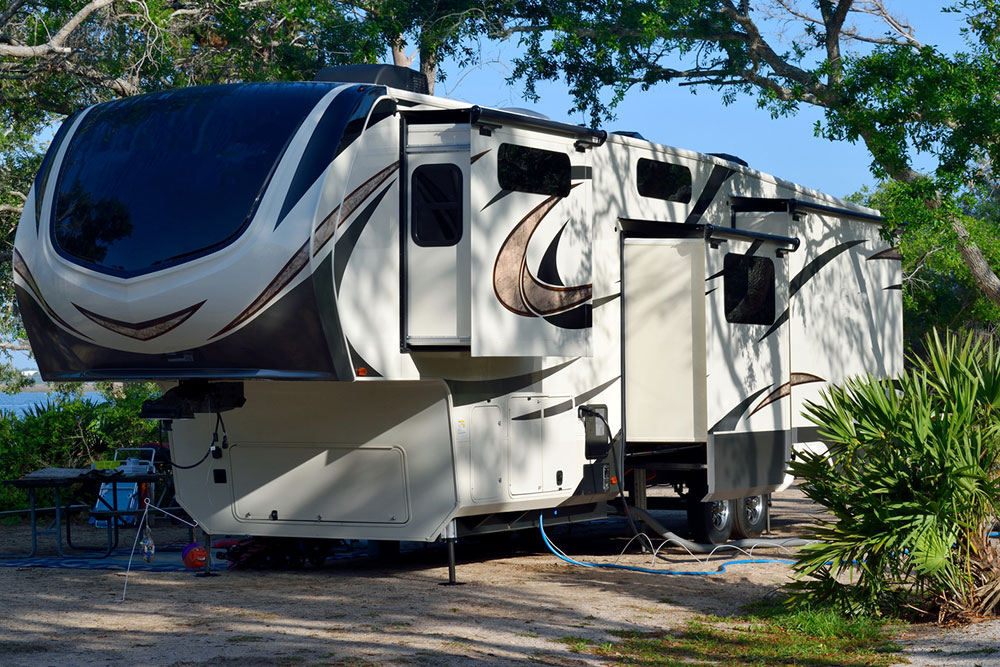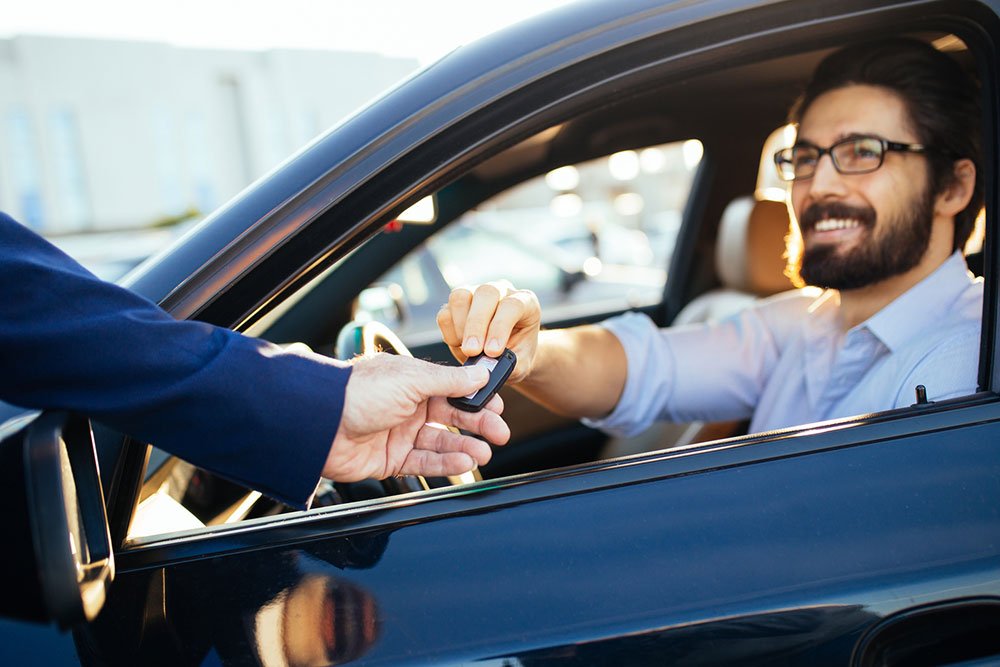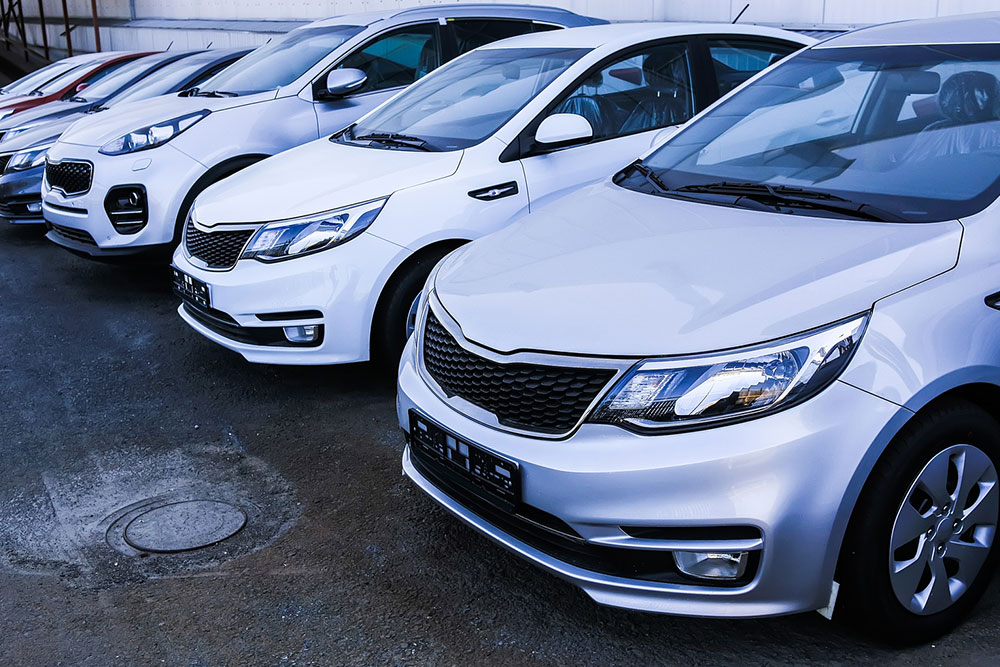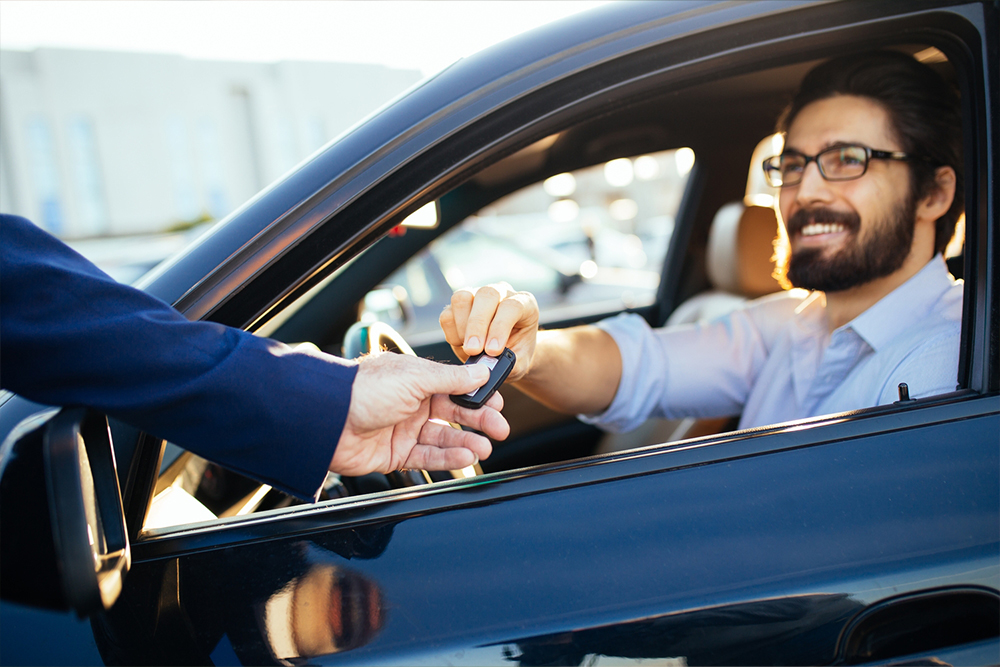6 Tips to Get Zero Down Payment Loans on RVs
Recreational vehicles (RVs) are automobiles equipped with facilities like bedrooms, kitchens, and bathrooms. Usually, owning this vehicle involves making a down payment. But for adventure seekers planning to hit the road without a significant upfront investment, zero down payment loans offer a solution. These loans offer flexibility and enable RV owners to allocate this fund to other expenses. While securing such loans, there are different ways one can ensure financial security and avoid mistakes.

When purchasing an RV, buyers typically make a down payment, which is a fraction of the vehicle’s price that the buyer pays to drive the automobile out of the showroom. The rest is paid through a loan. But auto dealers often provide RV financing options with no down payment or low interest rates to attract buyers. Although it may seem like the most convenient option, one should remember that the interest rate on such loans is higher than regular loans. Apart from dealers, banks and credit unions also offer RV financing options, but to qualify for zero down payment, one may have to meet some stringent lender criteria.
RVs come in various sizes and costs, ranging more widely than other vehicles due to their customizable amenities. So, the loan for RVs can be either simple or large and elaborate. The cost of an RV can go up to $1 million, or higher if one opts for luxurious and elaborate features. Since RVs are more expensive than normal cars, special loans are disbursed for these vehicles. Usually, RV loans have fixed interest rates, and one can repay the amount over a term of up to 15 years or more in some cases.
Tips to get zero down payment loans on RVs
Secure a collateral
When a borrower pledges an asset against the cost of the loan, it is known as collateral. Possibly, the easiest way to get approval for a zero down payment loan on an RV is to offer another asset to the bank or financial institution as collateral. This assures the lender that they can recover the costs in case of payment default. In most cases, a collateral is the RV itself, which can be seized if there’s a loan default. Collateral can also be real estate, investment or savings accounts, gold, or home equity.
Get a pre-approval
Getting RV financing without paying any upfront costs typically involves an extensive process compared to a standard loan. Here, one has to reveal one’s financial standing to the lender in detail, submit proof of income, and disclose ongoing liabilities if any. In pre-approval, the lender thoroughly reviews the buyer’s financial information and creditworthiness to determine the maximum loan amount they qualify for. Getting pre-approval before selecting an RV can help one determine the threshold of their budget and accordingly buy an RV that fits the approved amount to avoid a down payment.
Have a solid credit score
A good credit score is one of the top priorities for securing a zero down payment RV financing. The size of the loan also plays a part, but lenders usually have strict policies against lending for bad credit, often setting a minimum credit score requirement. Different banks may require different scores. Usually, a score over 720 is considered good for RV financing. There are ways one can improve one’s credit score, such as paying bills on time, not carrying forward debt, and not using available credit too frequently. It’s best to avoid using more than 30% of available credit to show financial stability. It’s also advisable not to apply for a new credit account too frequently since that requires a thorough check of one’s credit history, which, in turn, tends to affect the score.
Improve DTI ratio
The DTI or debt-to-income ratio is calculated by dividing total monthly debt payments by monthly gross income. These numbers show how much debt one currently has and how it compares to one’s monthly or yearly income. To qualify for a no down payment RV loan, it’s important to have a good DTI score, which can be around 43% or less. One can improve it by paying off some debts early, if possible. A lower score always indicates a good financial standing. Ensure one does not have too much debt during application, which can lower the chance of getting a loan approval.
Check and compare interest rates
Usually, a borrower wanting to go for zero down payment tends to pay more interest, and the loan tenure may also be longer. So it’s important to check and compare interest rates on RV financing before diving into it. Even a difference of 1 point or less can lead to significant savings.
Lender-specific requirements
Check lender-specific requirements thoroughly to avoid unnecessary rejection of one’s application. These usually vary in terms of credit score and income requirements. Some may also have to answer questions regarding the use of the vehicle and one’s finances, so be prepared to answer such queries.
Is financing an RV without a down payment a good idea?
It depends entirely on the buyer’s requirements. Those who want to get an RV urgently but also wish to maintain their savings or funds can consider this option. But, the downsides, like higher interest rates, mean one pays more money over the long term than the value of the RV. So, it’s best to consider one’s needs and financial position before considering RV financing without a down payment.




